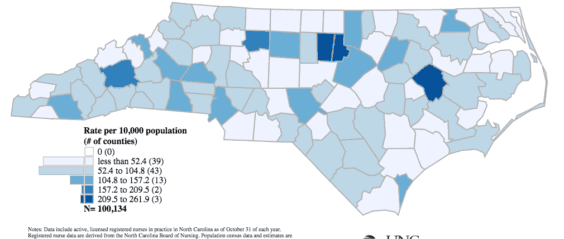federal workers earn more than comparable private sector classifications. Here are a few statistical highlights:
- Among workers whose education culminated in a bachelor’s degree, the cost of total compensation averaged 21 percent more for federal workers than for similar workers in the private sector.
- Among workers with a high school diploma or less education, total compensation costs averaged 53 percent more for federal employees than for their private-sector counterparts.
- Total compensation costs among workers with a professional degree or doctorate, by contrast, were 18 percent lower for federal employees than for similar private-sector employees, on average.
The Other 49
The Aspen Institute Ascend project published a findings brief of the Community Action Project of of Tulsa County (CAP Tulsa). The project is a two-generation intervention that pairs early childhood education for children with career pathway training in the healthcare sector for parents. While the methodology that led to the results is not clear, the baseline data seems compelling: parents in the program achieved educational goals at a significantly higher rate than the control group and ultimately reached target employment goals at a higher rate. This is a model to keep an eye on and consider for application in North Carolina.


